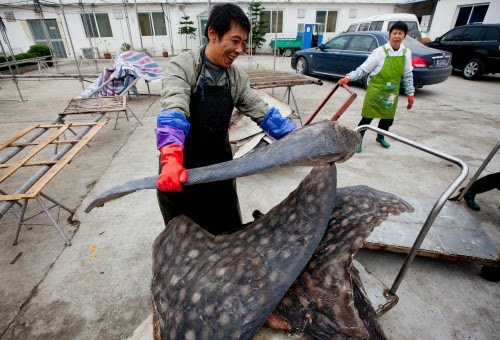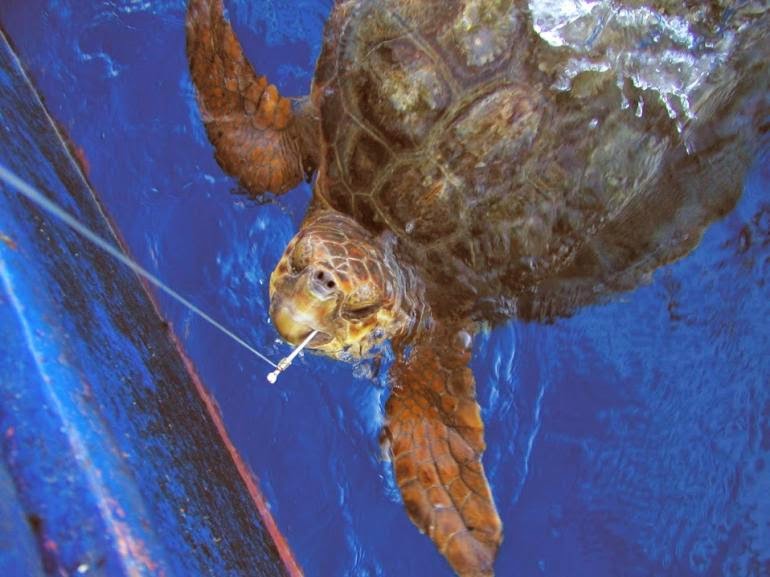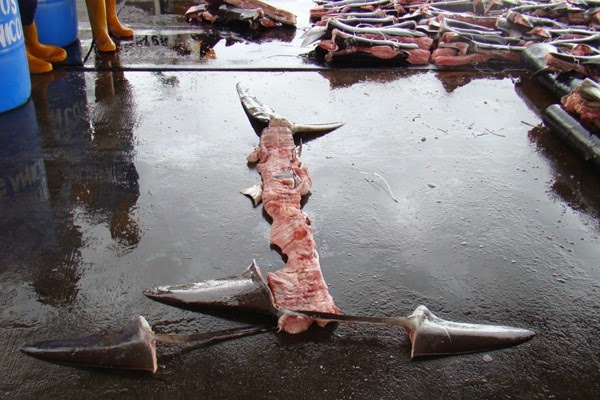Week in Review
1. Woman Face Charges for Shark Finning
2. China’s Largest Shark Slaughterhouse
3. US Fisheries Waste Half a Billion Dollars
A Costa Rican woman is set to face charges for Shark Finning this week after officials discovered 625 shark fins in her possession in September 2011. In an attempt to skirt the anti-shark finning regulations, the woman and her team of fisherman have resorted to a practice known as “back-boning” in which all of the shark’s flesh is stripped at sea so that the fins are still technically attached to the spinal column. Costa Rica is amongst the leading countries in shark fin production, killing as many as 400,000 thousands sharks in 2011 alone. Californian non-profit, Ethical Traveler, has removed Costa Rica from its 2014 list of The Developing World’s 10 Best Ethical Destinations, because of its non-adherence to shark finning laws and open prosecution of anti-finning activists. To read the full story, click here.
2. China’s Largest Shark Slaughterhouse linked to the United States
 |
| Photo Credit: WildLife Risk |
The shark processing plant discovered in Puqi, China has been manufacturing shark products that have been sold in the United States. The products include medicinal oils and Omega-3 vitamins, which contain the oils of Whale Sharks, Great White Sharks and Basking Sharks, all protected under the CITES Appendix II. These products were found in a Washington health supply store labelled as “Tilapia”, with bills of lading showing delivery as recently as 2011. The manufacturing plant in China continues to produce these oils and ship them all over the world, the labels now show “shark liver oil” or “squalene”. To find out more about where shark oils are being used, click here for full article
3. U.S. Fisheries Waste Half a Billion Seafood Meals
 |
| Photo Credit: Oceana Carlos Perez |
9 U.S. fisheries were found to have wasted almost half a billion dollars worth of seafood meals due to bycatch. Fishermen target a specific type of fish and oftentimes, other species are caught as well; this is known as bycatch. It is estimated that fisheries discard as much as 66% of what they catch which can add up to almost 2 billion dollars worth of a seafood a year. Scientists also speculate that as amany as 400,000 sharks are caught and discarded in fisheries’ by-catch every year. To read more about by-catch and fisheries click here.





